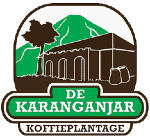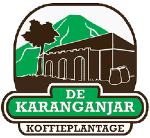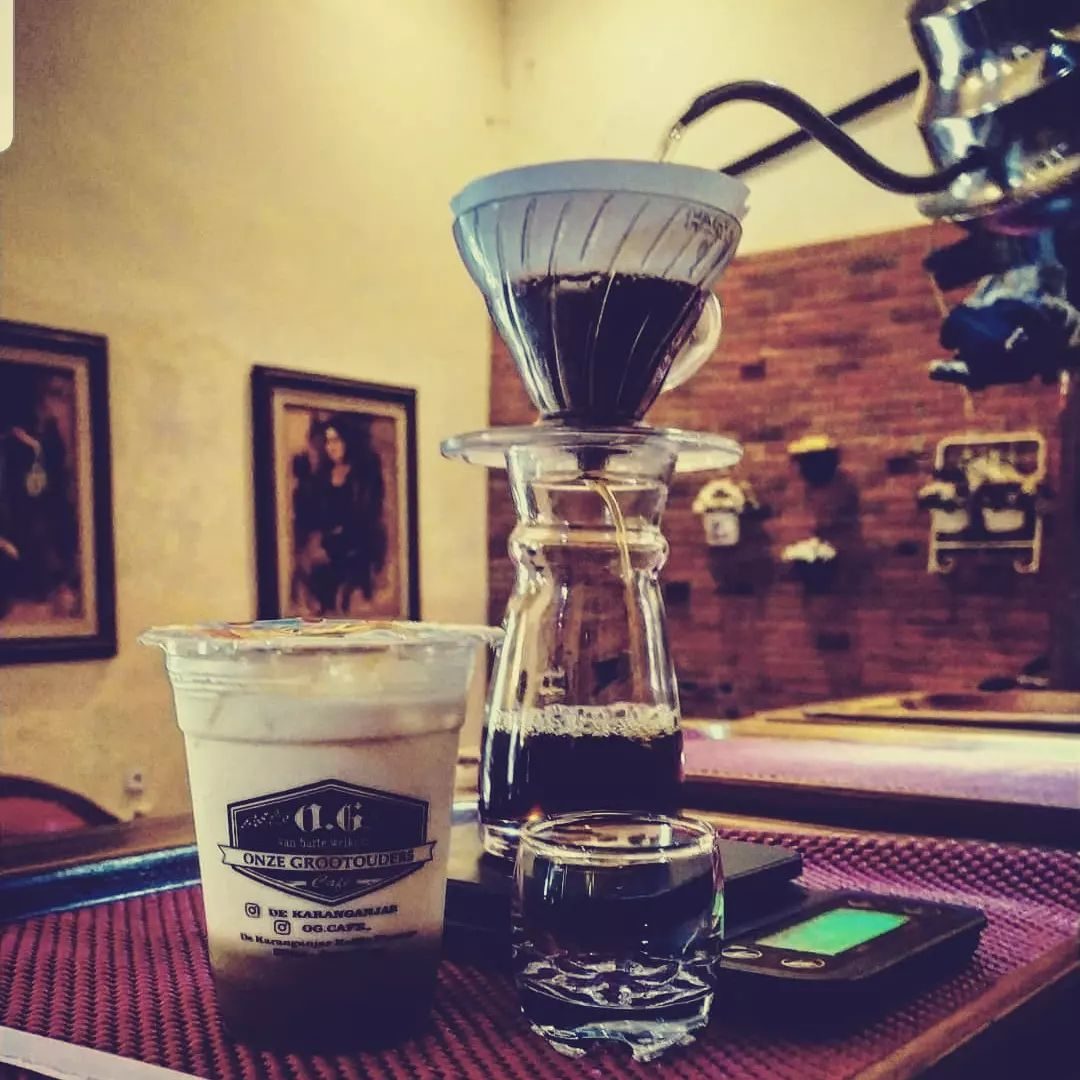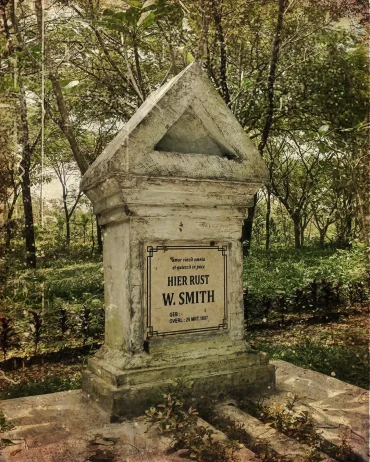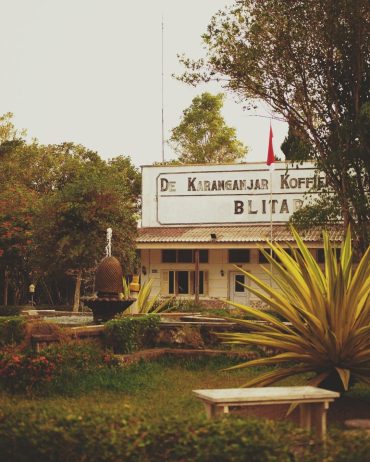Written on 11 March 2022
By: Wima Brahmantya
Jika teh adalah simbol kemapanan, maka coffee adalah simbol anti-kemapanan.
Selama berabad-abad teh telah menjadi “royal symbol”, minuman favorit para kaisar di Tiongkok dan raja-ratu Inggris. Cara minumnya pun ada etikanya. Beda dengan coffee yang lebih “bebas etika”. Karena di coffee, etika nomor sekian, yang penting adalah ngobrolnya, diskusinya, nyangkruknya.
Itu berlaku sampai saat ini. Kalau anda mau “ngeteh dengan benar”, ternyata cukup ribet. Sebaliknya anda boleh duduk petangkringan sambil ngopi. Karena pada hakikatnya “ngopi” bukan sekedar menikmati minuman, tapi menikmati kehangatan dan obrolan seru dengan lawan ngopi anda.
Kafein – zat yang terkandung dalam coffee inilah yang membantu otak kita bekerja ekstra. Makanya dalam berbagai diskusi atau kerja lembur, pada umumnya bukan teh yang menemani tapi coffee!
Bukan kebetulan kiranya kalau dua tokoh paling revolusioner di negeri ini, Tan Malaka dan Sukarno adalah penggemar berat coffee. Anda bisa baca tulisan-tulisan beliau yang menunjukkan korelasi antara coffee dan perjuangan.
Memang demikian adanya. Saking “berbahayanya” coffee dalam menggerakkan pikiran dan kemauan, pada abad ke-VII Raja Charles II sempat menutup kedai coffee se-London karena parno bahwa kedai-kedai tsb akan menjadi tempat persekongkolan untuk kudeta.
Itulah kenapa bagi saya “ngopi” bukan sekedar “nyeruput coffee”, tapi bagaimana ide-ide besar bisa bermunculan dari sana. Karena sejatinya “ngopi” adalah “ngolah pikir”.
Selamat Hari Coffee Nasional ![]()
#dekaranganjar #dekaranganjarkoffie #de_karanganjar_koffieplantage #ogcafe #kopiblitar #blitarexplore #blitarhits #coffeehistory #sejarahkopi #filosofikopi #harikopinasional #harikopisedunia #keboenkopikaranganjar #tanmalaka
